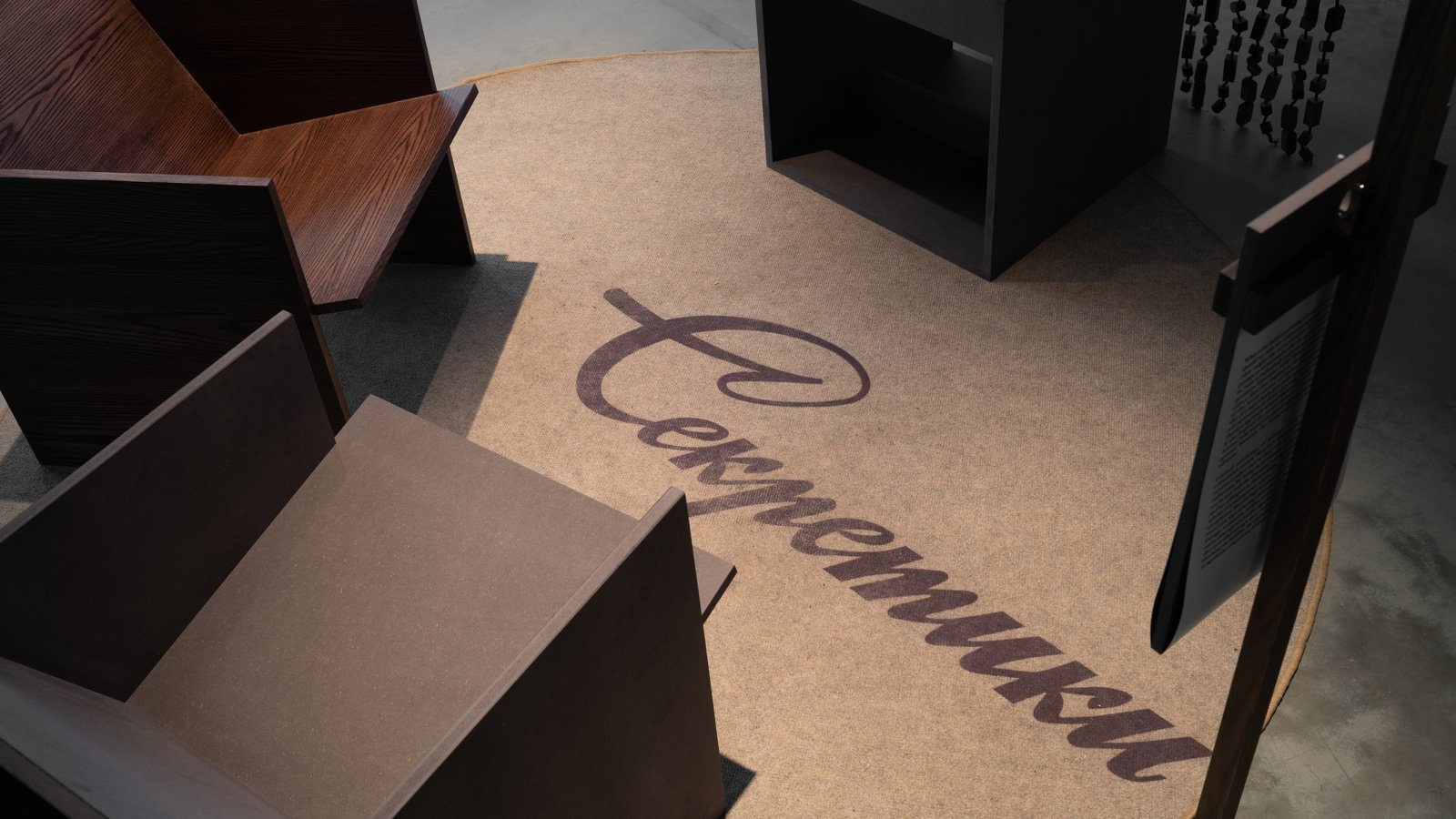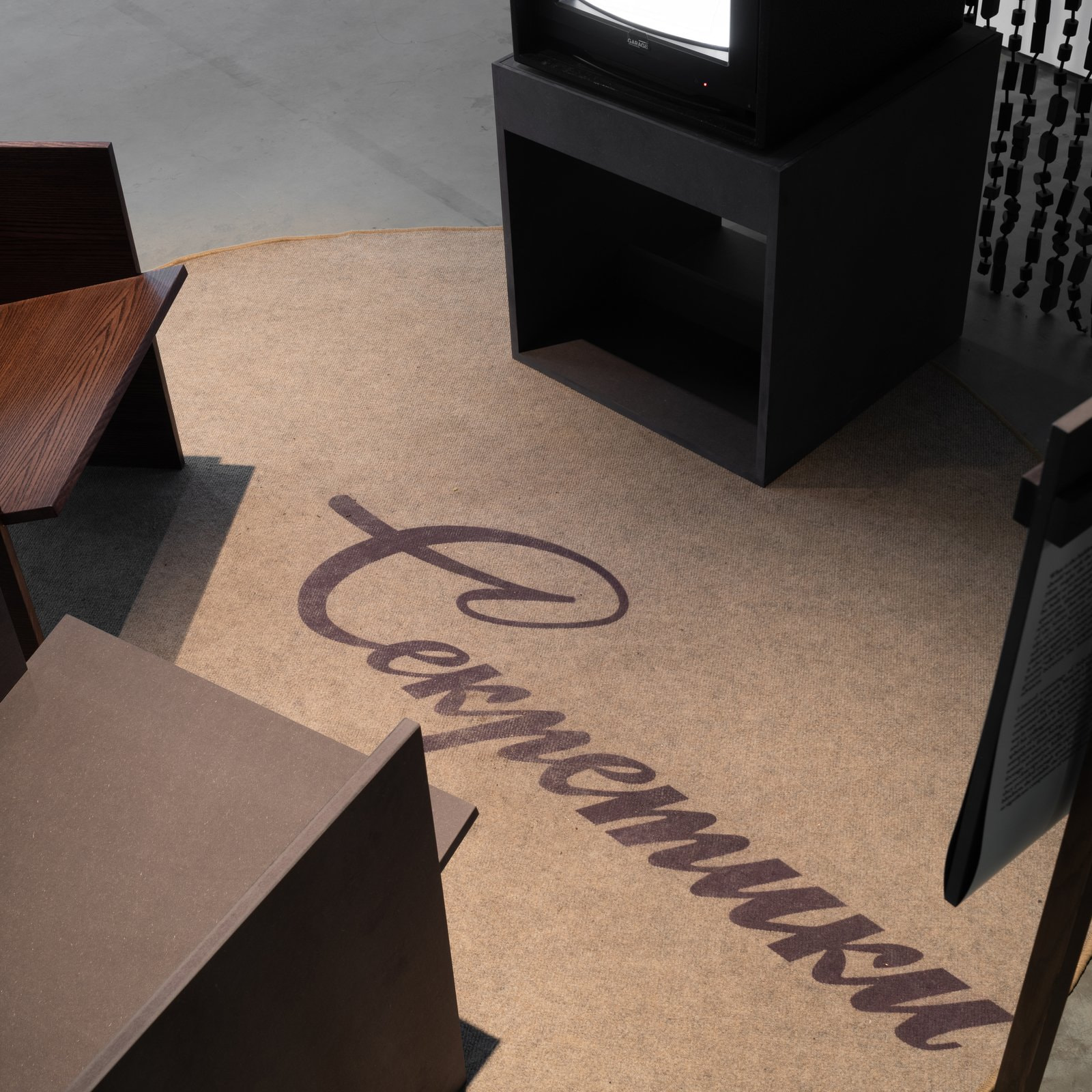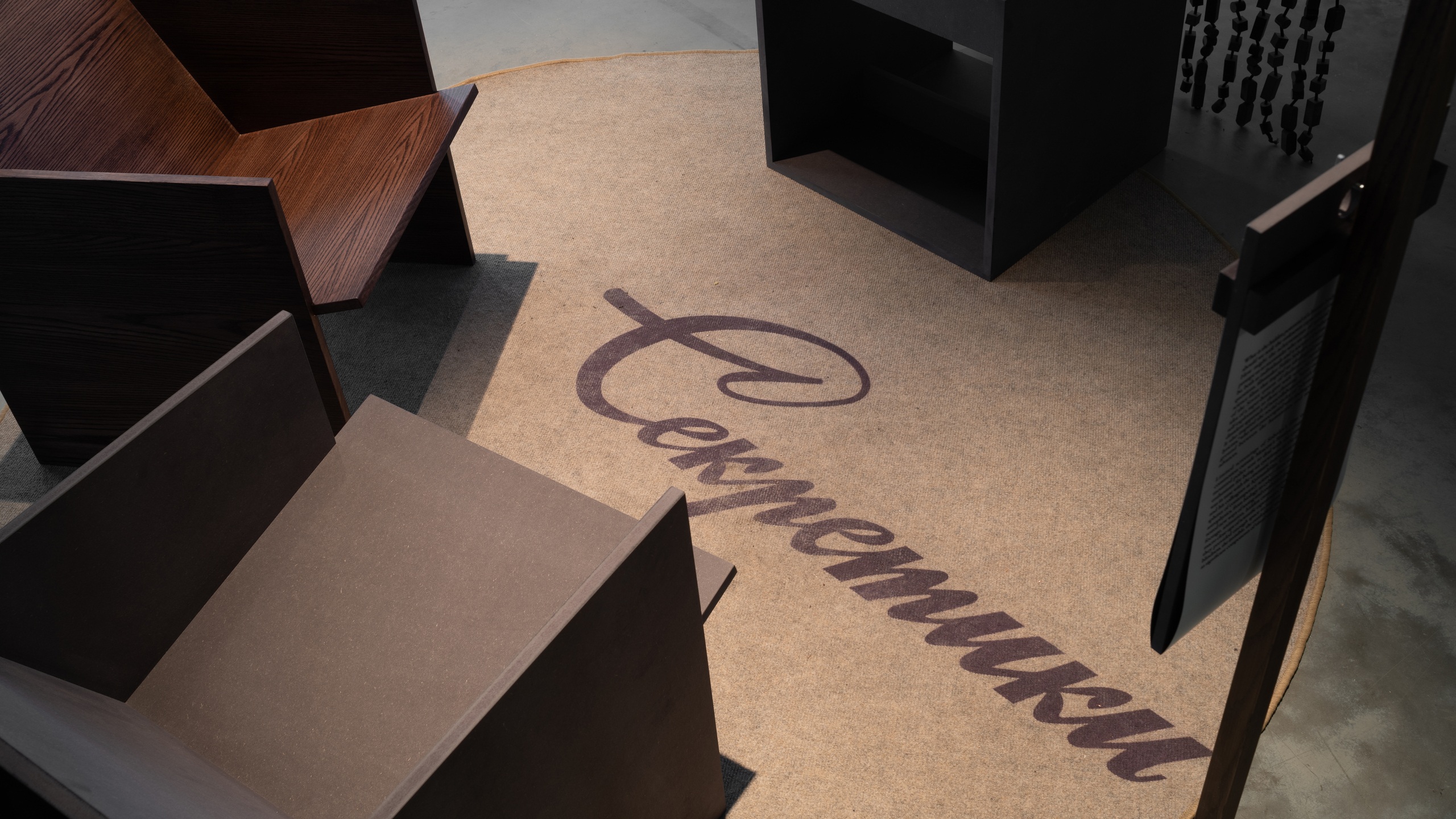In her talk, folklore researcher Esta Matveeva will explain what children hid in the Soviet Union and from whom, what forms a secret could take and why it was in demand.
In early 1970s’ Leningrad, in the thickets near a house under acacia and barberry bushes, three six-year-old girls dug holes to hide pieces of foil, candy wrappers, and colored glass at a distance of one meter between them. On to 1990s’ Arkhangelsk, where two boys aged seven and eight made holes in the sand at low tide on the Dvina River, reinforced their walls with juice packages, and hid inside small bits of lead which had been washed ashore. Those who were kids in the second half of the twentieth century will easily recognize the popular game “sekretiki” in these actions.
The need for a personal mystery which is only accessible to a select few is observed in children from a very young age. Their own games and customs, their own laws and social life, their own folklore and language—all this not only separates some states from others, but also the world of adults from that of kids. Secret headquarters, huts and even dugouts, closed organizations and societies, games the rules of which are revealed only to the initiates: these are the elements of children’s secret folklore.
The talk is part of the public program accompanying the exhibition Sekretiki: Digging Up Soviet Underground 1966–1985.


